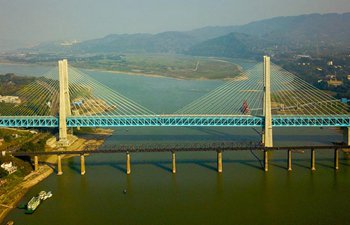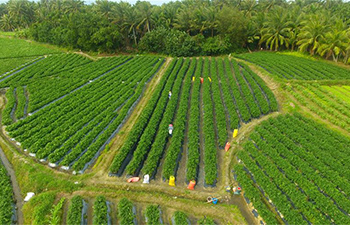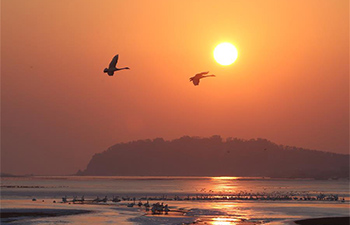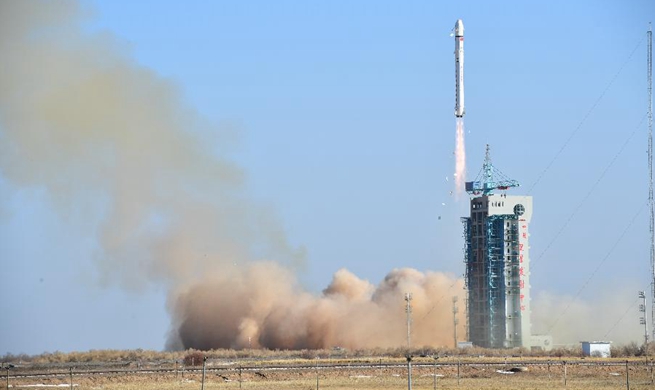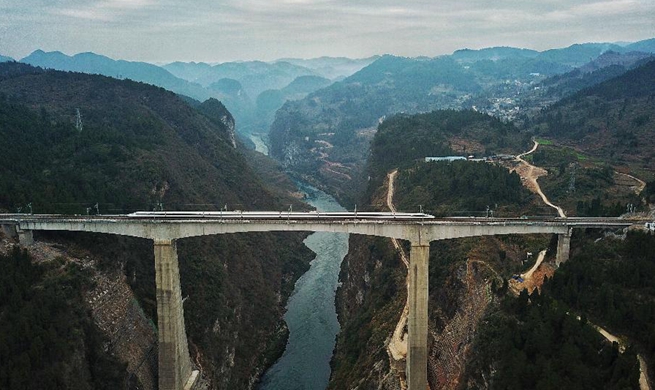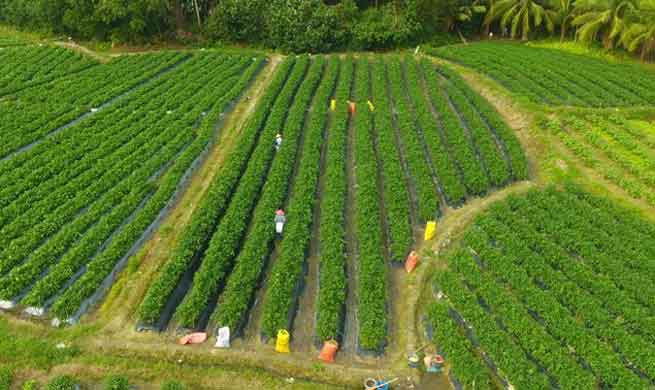by Xinhua writer Xu Haijing
CANBERRA, Jan. 13 (Xinhua) -- Australia has been given a good chance to do some serious self-reflection with some South Pacific Islands leaders standing up to it on the issue of Chinese assistance to the region.
Australian Minister for International Development and the Pacific Concetta Fierravanti-Wells earlier this week accused China of providing loans to Pacific nations on unfavorable terms and constructing "useless buildings" and "roads to nowhere" in the region.
The comments angered South Pacific Islands whose leaders strongly rebuked the criticism.
On Friday, Samoa's Prime Minister Tuilaepa Sailele Malielegaoi said Fierravanti-Wells' criticism is "insulting" to Pacific Islands leaders, and can "destroy" Australia's relationship with the region.
"To me the comments seem to question the integrity, wisdom and intelligence of the leaders of the Pacific Islands," Tuilaepa told the Australian Broadcasting Corporation, demanding a formal apology from the minister.
Vanuatu's only daily newspaper, The Daily Post, also lashed out at Australia.
"Australia's major roads project in Vanuatu, proudly unveiled in 2013 by then Foreign Minister Bob Carr, is a laughing stock," the newspaper said on Friday.
"The government of Australia might want to put down those stones it's throwing at China and learn a thing or two from its own mistakes first. And talking over our heads about our shortcomings isn't going to win them many friends here, either," the newspaper said.
"If Australia is serious about helping, it should do more, do it better and gripe less," it added.
For some irresponsible Australian politicians, those words are a sharp reminder that they should stop behaving like an arrogant overlord and learn to treat their South Pacific neighbors as equals.
Australia has always regarded the South Pacific as its backyard and has been investing heavily across the region. But as a result of the huge deficits in its recent budgets, Australian foreign aid was among the first to get slashed.
Whether a building is useful and whether a road should be built and where, are for the recipient countries to decide according to their long-term interests.
Those Australian politicians should also stop their knee-jerk reaction to China and not let prejudice blind themselves to what China has done to help sustainable development and improve livelihoods in the region.
As a matter of fact, Tuilaepa came to the defense of Chinese assistance, saying it has proved crucial in his country's efforts to deal with the impact of climate change. He also said China was better placed to provide this assistance to Samoa than Australia.
He denied there was a strategic element in China's support, saying Beijing had not asked Samoa for access to ports or airports.
Even Fierravanti-Wells' countryman cannot agree with his "bizarre" comments.
John McCarthy, former Australian ambassador to the United States, Indonesia and Japan, called the minister's words "bizarre" in an opinion piece published in The Australian on Saturday.
"And if the Chinese are behaving badly, should we not hear from the islanders first? They are, after all, accepting the aid," he wrote.
For sure, pointing fingers at China would do neither Australia nor the Pacific countries any good. To improve the wellbeing of these islands, Australia could do much in cooperation with other international donors, including China, and it should do so.






